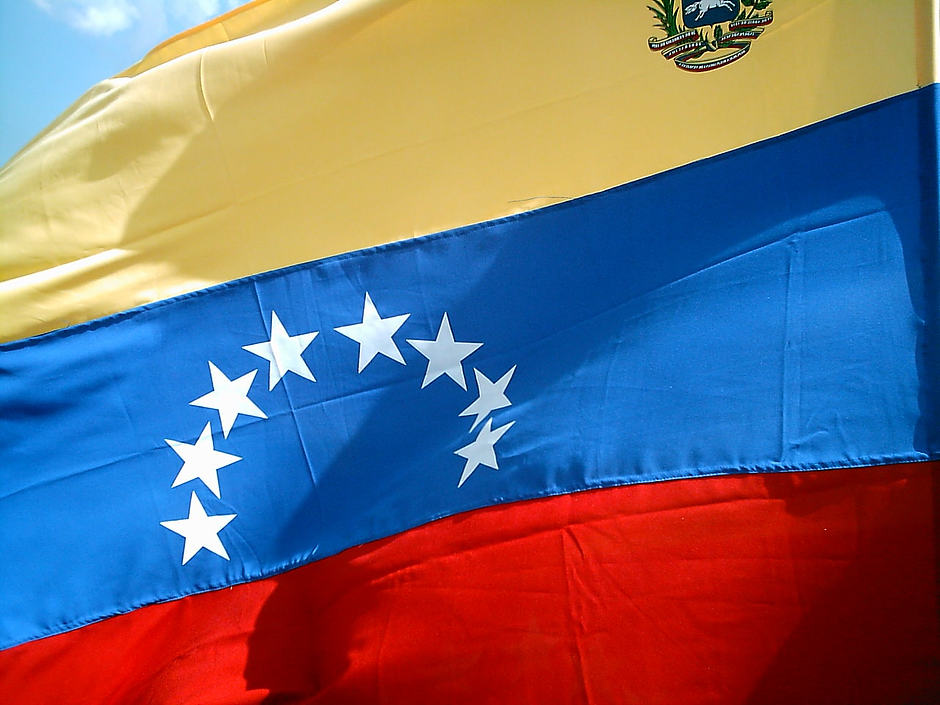The venezuela crisis

Venezuela was one of the fastest growing economies in the world during several decades up to about 1980 driven by the expansion of it’s oil sector. After a period of military rule democracy was restored to Venezuela in 1958. From 1968 to 1998 Venezuela was ruled by a system whereby the two main parties (the AD and Copei) alternated in power. This system was known as the Punto Fijo (Fixed Point) and it ended with the election of Hugo Chavez in 1998.
Venezuela suffered a major downturn in the first half of the 1980’s along with most of Latin America due to the Latin American debt crisis. This was followed by a period of erratic stop/start growth up to the Chavex takeover in 1998. The problem was that Venezuela had failed to diversify the internationally traded sector of it’s economy beyond oil and thus it’s economic fortunes tended to follow the price of oil. Furthermore, it’s oil sector remained primarily extractive and did not add value further down the chain in downstream industries.
The responsibility for this was due to the two main parties and the various interests that supported them. It was, paradoxically, the strength of the primary sector that created networks that depended on political patronage and meant that the State was unable to fulfill it’s function as an agent of development.
Hugo Chavez was elected in 1998 as a populist who appealed to the large masses excluded from the prosperity enjoyed by the middle classes. His victory could be explained as a loss of confidence in the political system due to two decades of disappoining economic growth. The economic history of populist Government’s in Latin America is not encouraging. Generally they tend to blame outside forces for their country’s predicament and adopt economic policies for which the tax basis is inadequate to support which leads to hyperinflation and policies that drive away multinationals. This was the case in Chile under Salvador Allende (1970-73) and Peru under Alan Garcia (1985-90).
Soon after assuming office Chavez held a Referendum which increased the power of the Presidency at the expense of the Legislature. During a general strike in 2003 Chavez sacked 19,000 employees of PDVSA (the State oil company) and replaced them with politically reliable workers. This action severely weakened the company as a considerable level of expertise is required in many aspects of it’s operations. In 2007 Chavez drove most of the multinationals out of the oil sector by demanding that PDVSA be allowed to take majority stakes in their operations.
Thus Chavez did nothing to diversify the economy and severely weakened the oil sector through his actions. On the other side there was a considerable expansion of social programmes to aid the popular classes such that he was able to retain majority support while the basis of the economy was undermined.
Another of his legacies was to allow the establishment of armed militias outside of the control of the armed forces and reporting directly to the President. Venezuela currently has one of the world’s highest homicide rates and it must surely be attributable to the proliferation of armed groups and potentially their links with the drug cartels operating in Mexico and elsewhere.
In 2013 Chavez died and was replaced by his deputy Nicolas Maduro who has continued his policies. In the last few years Venezuela has reached a near total collapse. There is hyperinflation, oil production has collapsed and 5 million people have fled the country. The question then is how to find a way out of this situation. The first thing required would be a change of Government but how to bring this about?
It is said that Maduro and a close knit clique (that probably includes the upper echelons of the armed forces) are protected from the inflation by offshore accounts. However discontent must be widespread further down the ranks where salaries in Bolivars are virtually worthless and one wonders how long the situation can be sustained. It is quite likely that Maduro has very little support remaining among the popular classes.
It is really a question of how outside forces should proceed. Armed intervention would be the worst option as it would alienate those in the armed forces who are against the regime. To date efforts by the outside world to elevate Guaido have not borne fruit. Common sense dictates however that the current situation cannot hold for much longer. The earlier mentioned examples of Chile and Peru came to a head quite quickly once the hyperinflation took hold. The Venezuelan regime has been able to survive till now because it had oil production but that too has now collapsed. So let's wait and see!
Author

Paul Dixon
Latin Report
Paul Dixon’s focus is economics from a long term perspective.

















